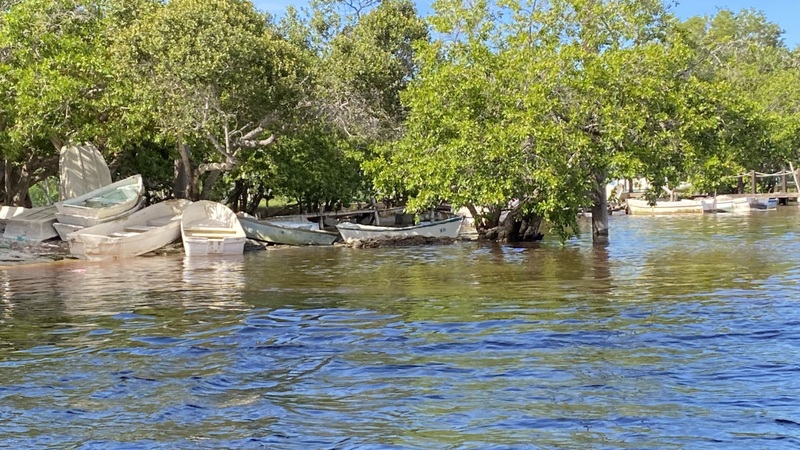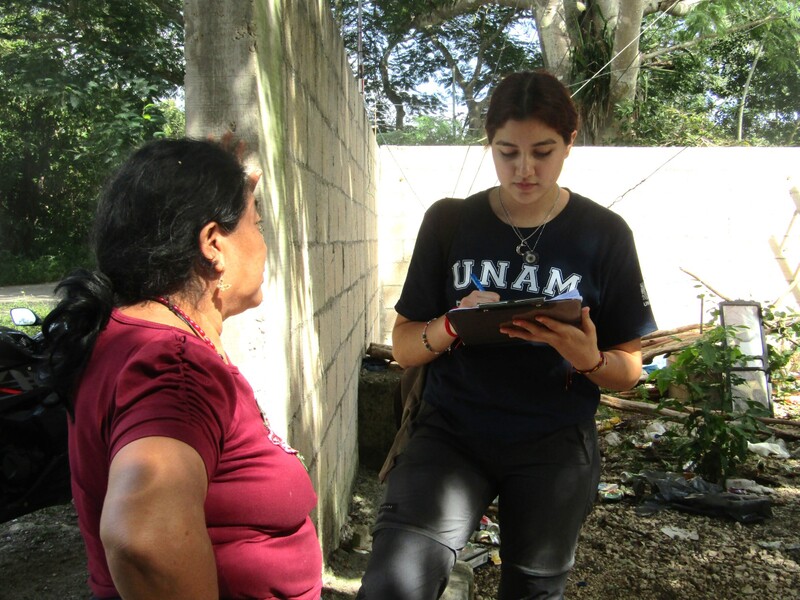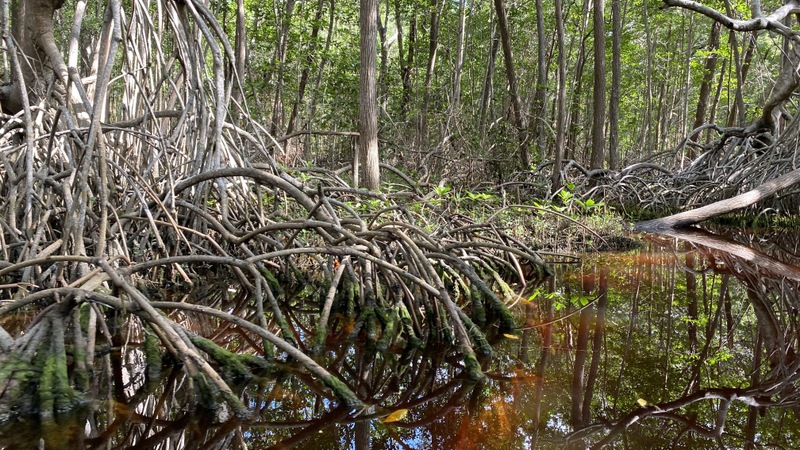ITTO project in Mexico spotlighted by Diario de Yucatán
14 March 2025, Yokohama
An ITTO project to strengthen the economy of four rural communities in Mexico’s Yucatán Peninsula through the sustainable use of tropical forest resources and the preservation of Indigenous knowledge has attracted prominent media coverage.
The Diario de Yucatán, a Mexican regional daily newspaper, published an article on the project in February, illustrated with numerous photos as well as a link to a video promoting ecotourism in the region.
Titled “Strengthening the resilience of Indigenous Mayan communities in tropical forests of the Yucatán Peninsula through the sustainable use of biodiversity in the context of the Maya Train project,” the project was implemented by a team from the National School of Higher Education, Merida Unir (ENES-Merida) of the National Autonomous University of Mexico (UNAM).
This project, which began in 2024 and is expected to report its results later this year, is being implemented in coordination with Mexico’s National Forestry Agency (CONAFOR) and others, and is financially supported by the Government of Japan.
The newspaper article described how researchers, students, and community members have collaborated to study the environmental services provided by tropical forests and other ecosystems including wetlands and coastal dunes while promoting sustainable economic practices covering five rural communities in Yucatán, Campeche and Quintana Roo states. The communities are all near major cities such as Mérida, Campeche, Cancún, and Chetumal.
The article highlights the engagement process with local communities, where researchers first consult with local authorities before beginning their work. Dr Adi Lazos Ruiz, a past ITTO Fellowship recipient who is a researcher at ENES Merida, told the newspaper that the project has been well received, and collaboration between researchers and residents has fostered a sense of shared purpose.
The initiative not only studies the local environment but also supports community businesses that rely on sustainable resource management, offering training and business strategy development to ensure long-term success, Dr Lazos Ruiz said.
The newspaper noted that students from various disciplines—including environmental sciences, intercultural development and management, applied geography, and sustainable coastal management—are gaining hands-on experience by conducting surveys, using drones for environmental mapping, and documenting traditional knowledge, such as meliponiculture (the breeding of stingless Mayan bees, Melipona beecheii).
Dr Lazos Ruiz told the newspaper that the outcomes of the research, including books, an illustrated guide, an interactive digital map, audiovisual materials, and a public awareness campaign in Spanish, Mayan, and English, will be available later in 2025, and will contribute to the preservation and dissemination of traditional knowledge while raising awareness on the importance of sustainable environmental practices.
“The engagement, multi-disciplinary approach used and outcomes from this project is a laudable example of how ITTO projects foster collaboration among a wide spectrum of stakeholders, which in turn, places the deserved values on indigenous knowledge and raises awareness of sustainable forest management practices in the tropics”, stated ITTO Executive Director Sheam Satkuru. “I extend my congratulations to the project team and look forward to seeing its valuable outputs”, she said.



